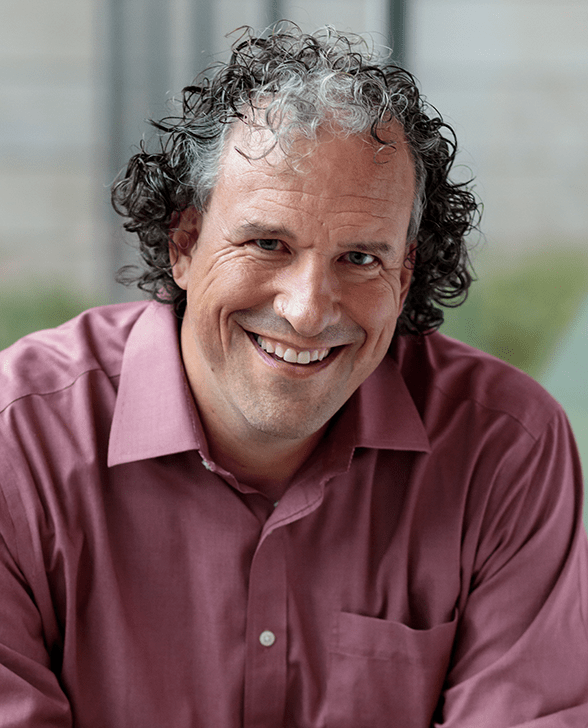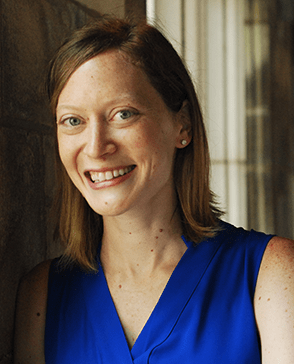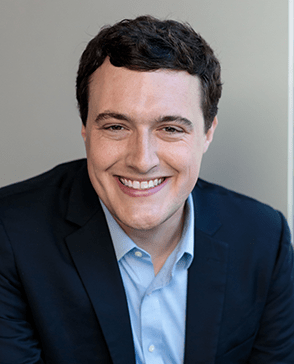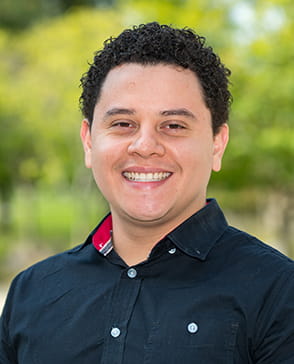Center for Decision Research Launches Partnership with Ashoka University
- By
- February 23, 2021
- Roman Family Center for Decision Research
The Center for Decision Research (CDR) at the University of Chicago Booth School of Business recently launched a promising new partnership with Ashoka University’s Delhi-based Centre for Social and Behaviour Change (CSBC).
This new academic collaboration will enable both institutions to conduct innovative cross-cultural research, test behavioral interventions in the field, collect and analyze high-quality data sets, and further refine best practices for behavioral science data collection.
“As a truly global school, Chicago Booth operates with the strategy that the world is the proper context for everything we do. We aim to attract the best faculty from around the world, and we want their work to have global impact,” said Madhav Rajan, Chicago Booth’s Dean and the George Pratt Shultz Professor of Accounting. “We are thrilled about this partnership, which will allow CDR to extend the depth and breadth of its preeminent behavioral science research and expand its impact across cultures.”
CDR Faculty Director Nicholas Epley and Professor Pavan Mamidi of Ashoka will co-lead the partnership on behalf of their respective institutions.
“Behavioral science has to include the perspectives and voices of people from around the world, from all walks of life, in order to have an accurate understanding of human behavior,” said Professor Nicholas Epley, John Templeton Keller Professor of Behavioral Science. “Our collaboration with Ashoka will allow us to test new hypotheses we never would have even considered before. It’s going to improve the quality of our research and broaden our perspectives as researchers.”
Research-Driven Programs to Improve Lives
The Ashoka CSBC was set up by a grant from the Bill & Melinda Gates Foundation to transform behavioral science insights into impactful interventions benefiting poor and marginalized populations. Their research and interventions focus on nutrition, sanitation, maternal health, family planning and financial services.
“The partnership with the CDR is truly exciting because it promises to connect the scholarly work of Chicago Booth behavioral scientists with the practical world of policy for development in rural Bihar, Uttar Pradesh, and the rest of India,” CSBC Director Pavan Mamidi said. “CSBC at Ashoka University is actively leading the initiative to set up India's first Nudge Unit out of NITI Aayog, the government's think tank in New Delhi. The research from CSBC impacts the lives of millions of poor and low-income people in the country, covering healthcare, child nutrition, and financial inclusion of women, gender-based violence, and primary education.”
Behavioral science has historically been conducted by and for Western modernized cultures. Building off the success of UChicago’s Delhi Center, this new partnership seeks to further expand the discipline’s understanding of the broad range of human behavior around the world.
The primary goal of this innovative partnership is to further world-class research into the science of human judgment and decision making. Specific goals are to:
- Provide opportunities for CDR researchers to conduct cross-cultural behavioral science research
- Foster collaborative research and discovery, learning, and teaching
- Produce robust data collection through fieldwork, virtual lab environments, and email surveys
- Co-host conferences, workshops and seminars
- Generate and share new knowledge for the public's benefit, including through academic publications
- Create opportunities for short- and long-term faculty exchange
Faculty Research Interests
This partnership will be particularly beneficial to CDR researchers with cross-cultural research interests and international applications. Members of the CDR community began to explore the collaborative opportunities afforded by the partnership in Fall 2020.
 Professor Ayelet Fishbach, whose work focuses on goal setting and motivation, has previously conducted research with participants in South Korea and China. CNN featured her insights on effective goal-setting during COVID-19.
Professor Ayelet Fishbach, whose work focuses on goal setting and motivation, has previously conducted research with participants in South Korea and China. CNN featured her insights on effective goal-setting during COVID-19.
 Professor Nicholas Epley studies social interaction and barriers to human connection. He previously conducted a study in Chicago and London about interactions between strangers on public transit which was covered by BBC News.
Professor Nicholas Epley studies social interaction and barriers to human connection. He previously conducted a study in Chicago and London about interactions between strangers on public transit which was covered by BBC News.
 Associate Professor Emma Levine studies perceptions of honesty and deception in different cultures, particularly around medical information. Her work on truth-telling was highlighted in the New York Times.
Associate Professor Emma Levine studies perceptions of honesty and deception in different cultures, particularly around medical information. Her work on truth-telling was highlighted in the New York Times.
 Assistant Professor Josh Dean is a development economist who previously conducted research and field-tested policy interventions in India to encourage pre-k education. He recently appeared on Freakonomics to discuss research inspired by living in Delhi.
Assistant Professor Josh Dean is a development economist who previously conducted research and field-tested policy interventions in India to encourage pre-k education. He recently appeared on Freakonomics to discuss research inspired by living in Delhi.
 Assistant Professor Shereen Chaudhry studies cultural norms around gratitude and apologies. She previously observed contrasting gratitude practices in the U.S. and China and hopes to see how Indian communities compare. Her work on revenge was covered by Chicago Booth Review.
Assistant Professor Shereen Chaudhry studies cultural norms around gratitude and apologies. She previously observed contrasting gratitude practices in the U.S. and China and hopes to see how Indian communities compare. Her work on revenge was covered by Chicago Booth Review.
 David Munguia Gomez, a PhD student, is interested in perceptions of fairness and merit in different cultures. His research with Emma Levine on honesty and harm was published in the Journal of Personality and Social Psychology.
David Munguia Gomez, a PhD student, is interested in perceptions of fairness and merit in different cultures. His research with Emma Levine on honesty and harm was published in the Journal of Personality and Social Psychology.
The CDR is excited about this new partnership and the myriad opportunities it offers for data collection, scholarly exchange, and expanding the horizons of behavioral science.

